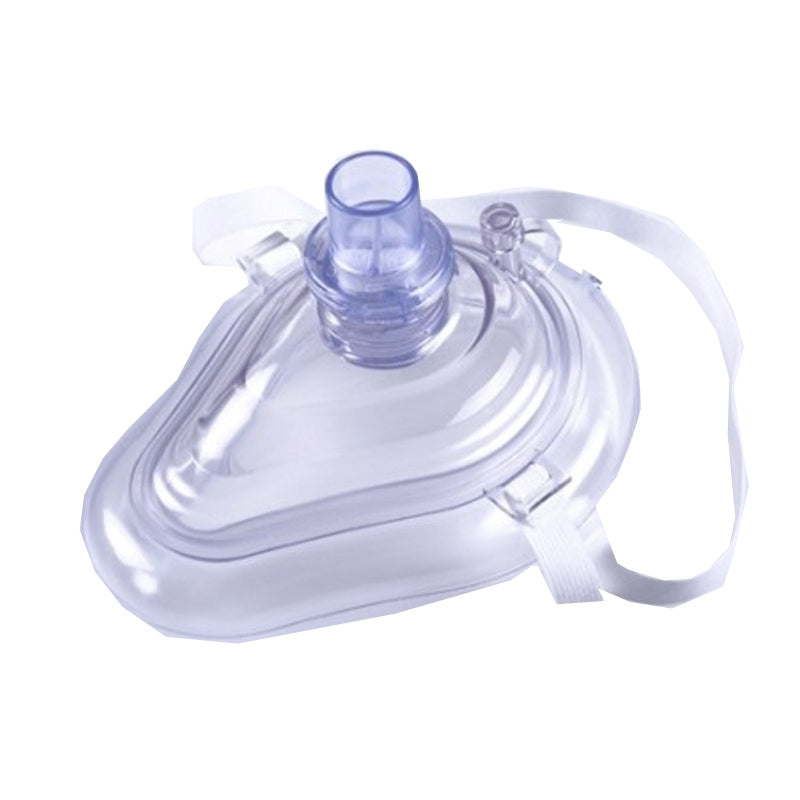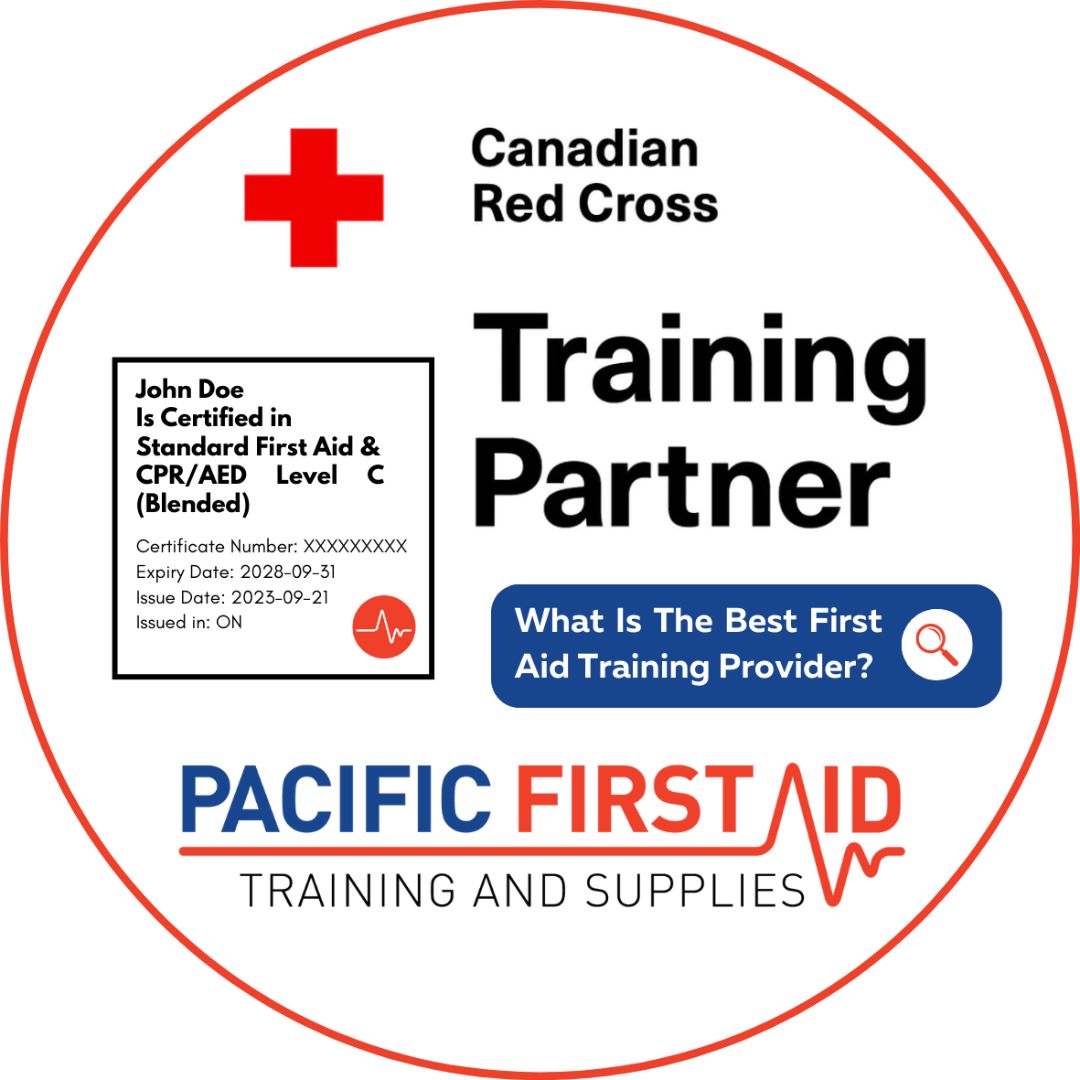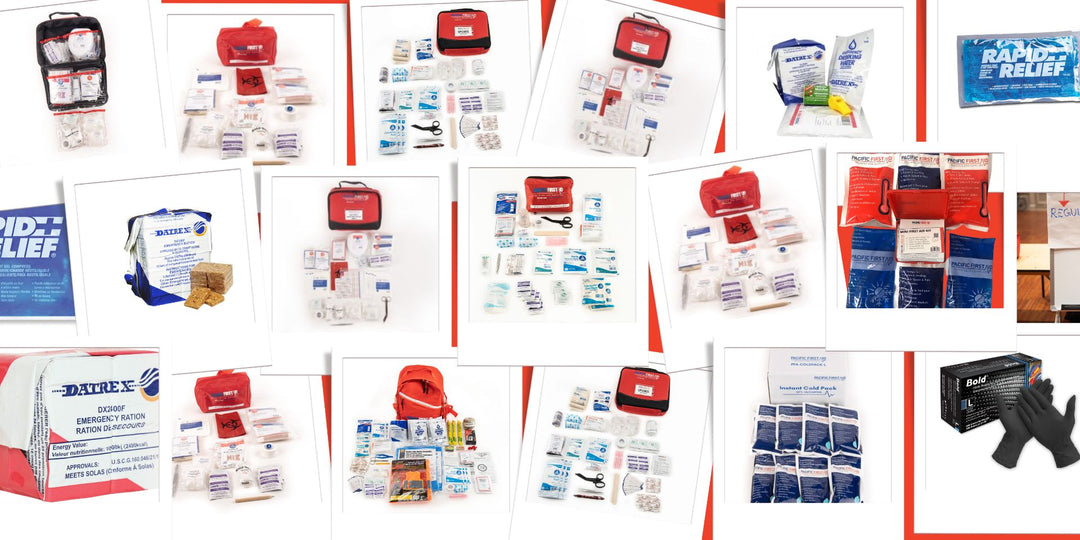
What To Do When Encountering a Bear
In Canada, we share many provincial parks with wild animals. British Columbia is home to both grizzly and black bears. Bears in particular are very sensitive to human activities and the best thing you can do is avoid bear encounters altogether to protect both you and the bears. In this post, we outline what you can do when you encounter a bear while engaging in outdoor activities during covid.
What should I do if I see a bear?
Seeing a bear in the wild is an exhilarating experience for any visitor to a national or provincial park. While it is an exciting moment, it’s important to remember that bears in the wild can be dangerous. Even though it’s rare, attacks on humans can happen and can cause serious injury or death. In general, most bear encounters don’t end in injury. When you arrive in a park, always remember to check the nearest visitor center or backcountry office for the latest bear safety information.
What attracts bears?
When you’re camping or hiking, make sure human and pet food is packed securely because it attracts bears. Dirty camp stoves, recyclables, toiletries and other items with a strong odour should always be locked away in a metal bear-proof container provided by the park, in your car or hung in a tree away from your campsite (your tent especially).
Before you go camping or hiking you should…
• Learn how to use bear spray and make sure it’s in your day pack or mini first aid kit
• Look for notices about bears in the area when you arrive at the campground or trailhead
Bear encounters
If you see a bear and it’s noticed you, there are strategies you can use to help prevent the situation from escalating including:
• Identify yourself by talking calmly so the bear knows you’re a human and not prey.
• Make sure to stay still but stand your ground and slowly wave your arms.
• Stay calm and remember that most bears don’t actually want to hurt you. Some bears may charge and turn away from you at the last second. They can also woof, growl and snap their jaws at you. In this situation, keep talking in a low voice and avoid yelling or screaming as this will scare them and make them more defensive.
• Pick up small kids immediately
• Hike or travel in groups. Larger groups are normally louder than one single person and are more intimidating to bears.
• Make yourself as large as possible by moving to higher ground if possible or making slow, large body movements.
• Be extra cautious if you see bear cubs as the mother is most likely close by. The odds of an attack increase if a female bear sees you around her young.
Bear attack
Contrary to what people may think, bear attacks are actually rare. In general, bears are trying to protect their territory, food or cubs. Every situation is different but below are guidelines on how you can approach both grizzly and black bear encounters.
• Brown and grizzly bears: If you are attacked by this type of bear, leave your pack on the ground and immediately try to play dead. Lay flat on your stomach with your hands clasped behind your head to protect the back of your neck. Make sure to spread your legs to make it harder for the bear to turn you over and stay still until the bear leaves the area.
• Black bears: If a black bear approaches you, don’t play dead. Escape to a safe place right away (whether it’s a car or building). If you have to fight back, kick or hit towards its muzzle and face.
At the end of the day, if you come across a bear, make sure to back up, give it space and don’t stare at it in the eyes. Being prepared and knowledgeable is your best course of action, so make sure to pack bear spray in your travel first aid kits and pack away your food when you’re camping. With so many people trying new outdoor activities during quarantine, it’s essential to be aware of bears in the wild.
If you want more information on how you can be safe in the wilderness, you can try Pacific First Aid’s online first aid course in B.C. today!






